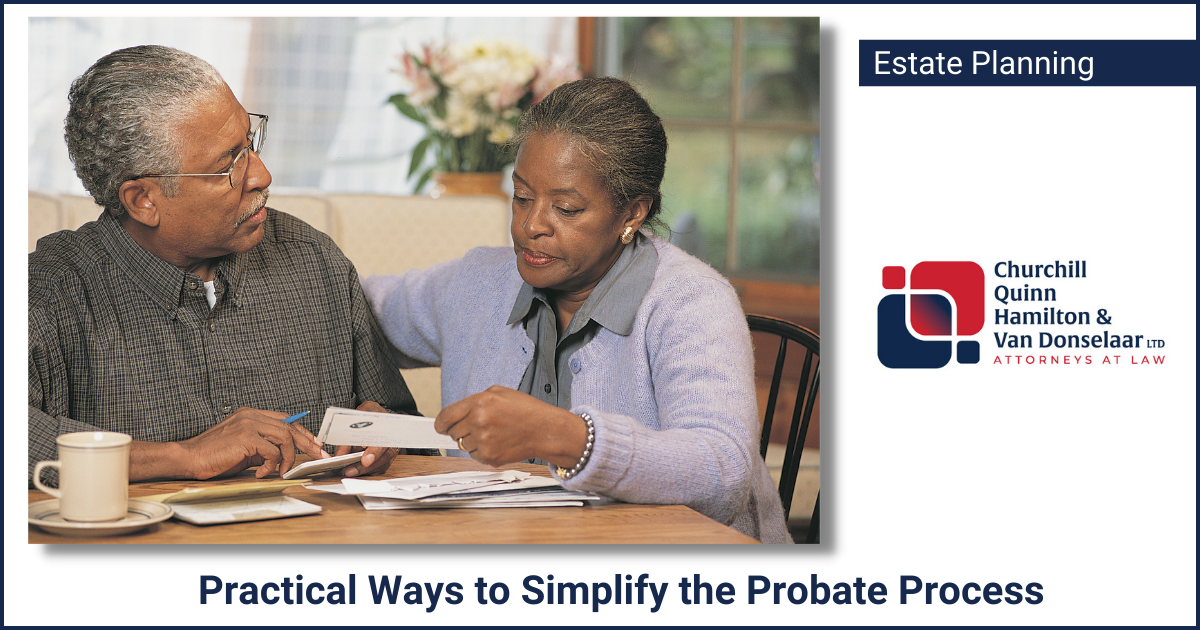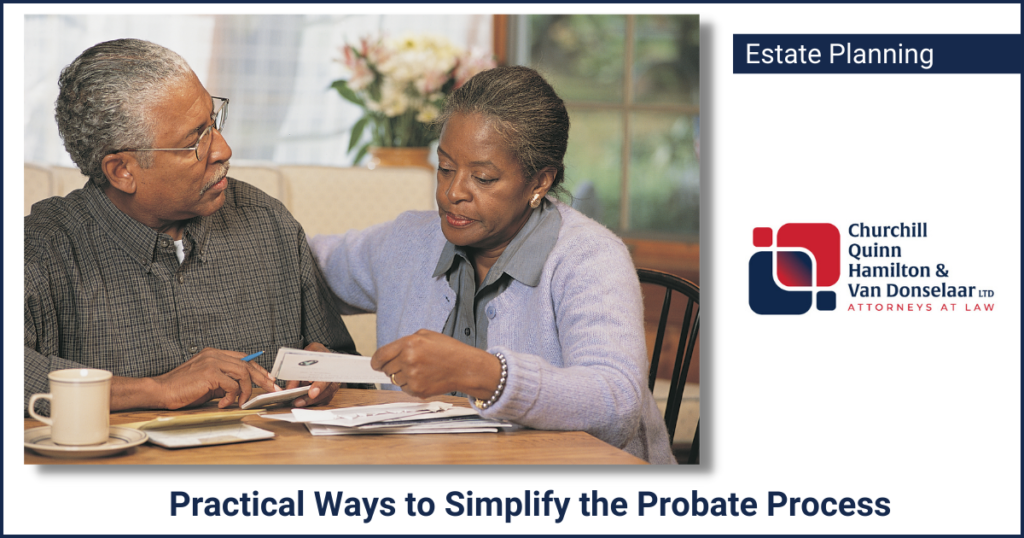
The holidays are a perfect time to show our love and appreciation for family, especially the older generations. This season, when you are visiting with family, make sure to make this special time even more meaningful when you help them get important affairs in order. Here are some of the most essential estate planning topics you should discuss in order to make sure they have the legal protection they need.
Make sure their will is in order
The most important thing you need to ask older family members is if they have a valid, signed will prepared. If a person passes without a will, the state is left to decide what happens to their assets. Even if they think they don’t have enough assets to matter, assure them that it does. Also, make sure they choose a responsible estate executor to carry out the instructions in the will. In the event that they prepared a will a long time ago, it is a good idea to review it with them to make sure they have nothing new to add or changes to make, and that the executor is still appropriate and able to meet the requirements of the role.
Talk about a POA for healthcare
There may come a time when your family member needs assistance making medical decisions. In this case, a properly executed power of attorney (POA) for healthcare can help to keep them safe. This POA can appoint a temporary guardian to help make important healthcare decisions for them if they become incapable of making them alone, due to an illness or injury.
Discuss the need for guardianship
Protecting our beloved family members gets even more crucial the older they get. For example, there may come a time when an elder family member is no longer able to provide their own care. In that case, you or another family member may want to step in and seek legal custody. Obtaining guardianship of an adult is a complex process with specific requirements. It is always in the best interest of the adult if they are involved in the decision-making process, so family gatherings are a great opportunity to discuss their wishes.
Advise them on gifting strategies
Parents and grandparents may be looking to start distributing their assets now, while they can enjoy seeing them received. This is especially true around the holidays. But they need to understand that there are smart ways to gift in order to avoid issues like tax penalties. Our attorneys can sit down with you and your family member and discuss important strategies to pass on assets in ways that benefit all involved parties.
Discuss succession planning for the family business
Running a business is hard work. As the end of the year rolls around, older family members may be considering stepping away from the family business and letting the younger generations take over. However, this should be done only after careful planning. There are many important issues to consider before transitioning leadership roles in order to keep the business running successfully. When the family is together this holiday season, make arrangements to meet with one of our experienced business attorneys to create a strategic exit strategy.
We can help finalize important details
Once you have opened these important discussions with your family members, you will likely need some assistance with the details. But even if you don’t have all of the answers, let them know that you will be there to support them and help them find the important information they need. Churchill, Quinn, Hamilton & Van Donselaar, Ltd has been a trusted member of our community for over 100 years and can help you draft important estate documents, establish practical estate planning strategies, protect the family business and so much more. In fact, with attorneys who specialize in business law, estate planning, real estate law and litigation, we can provide the assistance you need to protect your family now and in the future. Contact our office to schedule a consultation by calling 847-223-1500.



 An annual report is a comprehensive report that contains detailed information about a company’s activities and financial performance over the prior year. In Illinois, all corporations, LLCs, nonprofits, religious corporations and LPs are required to file an annual report. As so many companies are required to prepare and file one,
An annual report is a comprehensive report that contains detailed information about a company’s activities and financial performance over the prior year. In Illinois, all corporations, LLCs, nonprofits, religious corporations and LPs are required to file an annual report. As so many companies are required to prepare and file one, 


























